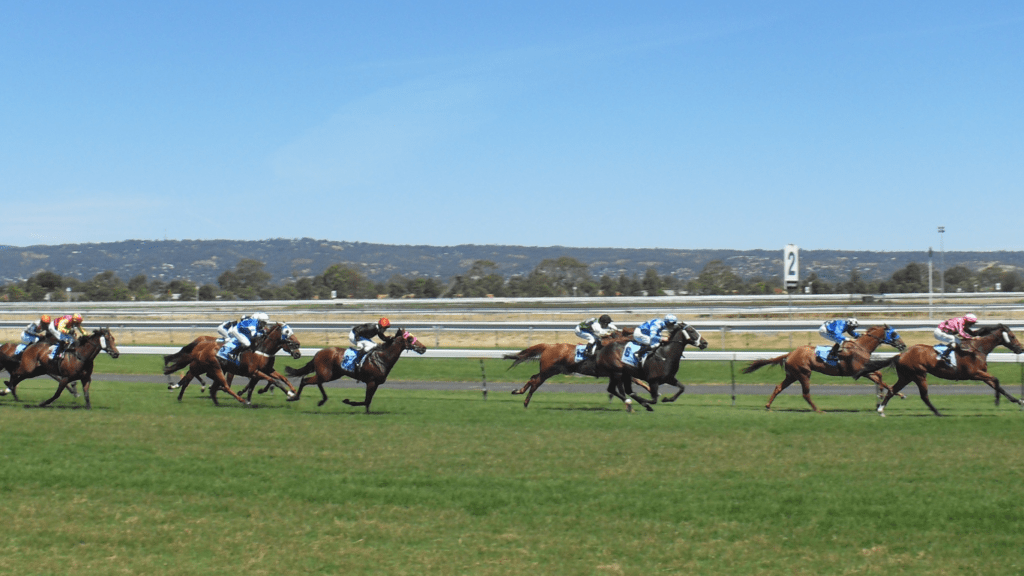Understanding Smart Betting
Balancing risk and reward is key in making informed bets. Smart betting focuses on strategies, data analysis, and disciplined decision-making.
What Is Smart Betting?
Smart betting involves using systematic strategies to increase the probability of success. It’s not about guessing but rather about applying knowledge and analytical tools. Professional bettors often utilize various techniques, such as value betting and bankroll management.
- Value Betting: Identifies instances where the probability of an outcome is higher than implied by the odds offered.
- Bankroll Management: Allocates funds strategically to minimize risk and prolong betting activity, enhancing chances for long-term success.
- Data Analysis: Utilizes statistics, historical data, and predictive modeling to identify profitable opportunities.
The Importance Of Risk Management
Effective risk management is crucial in smart betting. It involves assessing and mitigating potential losses to protect oneself from excessive financial damage.
- Setting Limits: Establishes maximum amounts for bets to avoid significant losses.
- Diversification: Spreads out wagers across various events or markets to reduce the impact of a single loss.
- Emotional Control: Prevents impulsive decisions based on emotions, which can lead to poor choices and financial losses.
- Continuous Learning: Keeps bettors informed about new strategies, market trends, and analytical tools to adapt and improve betting outcomes.
By understanding and implementing these principles, bettors can enhance their chances of success while minimizing risks. Smart betting is about making calculated, informed decisions rather than relying on luck or gut feelings.
Strategies For Balancing Risk And Reward

Balancing risk and reward in betting requires specific strategies to manage potential losses while capitalizing on opportunities. Below are effective strategies to achieve this balance.
Bankroll Management
Managing your bankroll is crucial for sustainable betting. Allocate a specific amount of money for betting and avoid exceeding it. Use staking plans, like fixed or percentage stakes, to determine how much to bet based on your total bankroll. For example, betting 1-2% of your total bankroll on each bet can minimize the impact of a losing streak.
Diversifying Your Bets
Diversification reduces risk by spreading your bets across different sports, events, or bet types. Rather than focusing on a single event, place smaller bets on multiple events to distribute risk. For instance, if you bet on soccer, also consider bets on basketball or horse racing. This approach can mitigate losses when one bet doesn’t go as planned.
Value Betting
Value betting involves identifying bets with favorable odds compared to the actual probability of an event. Bet on outcomes where the bookmakers’ odds are higher than your calculated probability. For example, if you assess a team’s chance of winning at 60% but the bookmaker offers odds reflective of a 50% probability, that bet has value. Consistently finding value bets can improve long-term profitability.
Analytical Tools And Techniques
Smart betting relies heavily on analytical tools and techniques. Using these tools maximizes the potential for favorable outcomes and ensures informed decisions.
Utilizing Statistical Models
I rely on statistical models to identify betting opportunities. These models, including Poisson distribution and logistic regression, help quantify the probabilities of various outcomes. For example, Poisson distribution predicts the likelihood of a specific number of events occurring, such as goals in a soccer match. Logistic regression models assess the relationship between different factors, like player performance and weather conditions, to predict the outcome.
Leveraging Predictive Analytics
Predictive analytics involves using past data to forecast future events. I use machine learning algorithms and data mining techniques to analyze large datasets, identifying patterns that indicate potential betting opportunities. These algorithms, including neural networks and decision trees, provide insights into the likely outcomes of sports events. For instance, by analyzing team form, player injuries, and historical match outcomes, I can predict the probability of a team winning.
Importance Of Historical Data
Historical data offers a wealth of information for smart betting. I use this data to understand long-term trends and patterns. For example, analyzing past performance data helps me identify teams that consistently perform well under specific conditions. Historical data also assists in evaluating the accuracy of predictive models and refining them for improved results. By leveraging historical trends, I make informed decisions that balance risk and reward effectively.
Common Pitfalls To Avoid
Even with solid strategies, betting can be tricky. Here are a couple of common pitfalls to watch for.
Overconfidence
Overconfidence often leads to poor decisions. Many bettors increase their stakes after a win, assuming they’re on a hot streak. This false sense of security can quickly deplete a bankroll. Staying grounded and sticking to a pre-defined strategy helps in mitigating this risk. Overestimating knowledge or relying too heavily on recent wins creates a biased perspective, which skews judgment. Always analyze every bet objectively, considering all relevant factors, not just recent successes.
Chasing Losses
Chasing losses is a dangerous behavior. Bettors often try to recover losses by placing larger bets, hoping to win back their money quickly. This approach rarely works since increased risk doesn’t guarantee a win. Instead, it often leads to greater losses, compounding financial stress. Setting loss limits and maintaining discipline is crucial. If a losing streak occurs, it’s better to step back, analyze what went wrong, and stick to the original strategy rather than making impulsive decisions.
Case Studies Of Successful Bettors
Analyzing the journey of successful bettors offers valuable insights into smart betting strategies. Here are structured examples to understand their methods and outcomes.
Lessons From Professional Gamblers
Professional gamblers often exhibit rigorous discipline and strategic planning. Billy Walters, a famous sports bettor, emphasizes the importance of extensive research and statistical analysis. Walters would invest time studying team performances, injuries, and weather conditions before placing bets. His success showcases the critical role of preparation and data analysis in betting.
Another notable example is Haralabos Voulgaris, a professional NBA gambler. Voulgaris leveraged advanced statistical models to predict game outcomes, focusing on objective data to reduce emotional influence. His approach highlights the effectiveness of using technology and analytics to make informed betting decisions.
Real-World Examples
A well-documented case is that of Zeljko Ranogajec, an Australian professional gambler. Ranogajec’s strategy combined high-volume betting and extensive data analysis. He often placed numerous small bets to spread risk and relied on sophisticated mathematical models. His success underscores the importance of volume and varied bets in managing risk.
David Sklansky, a professional poker player and gambler, applied game theory to enhance his betting strategy. Sklansky’s method involved calculating expected value and odds, enabling him to make decisions based on potential returns versus risks. This example illustrates the importance of mathematical principles in achieving long-term success.
These cases demonstrate that discipline, research, data analysis, and strategic planning are common traits among successful bettors.









